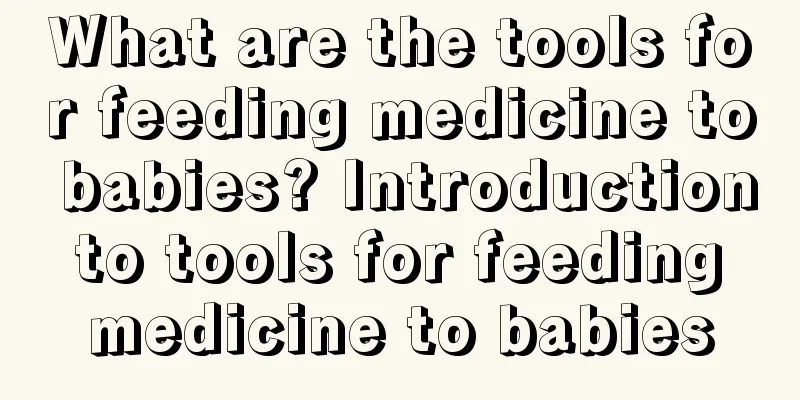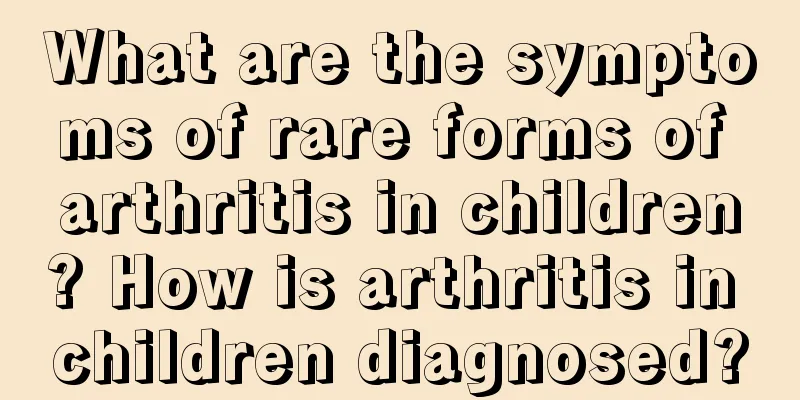Can pregnant women drink coffee? What are the harms of drinking coffee for pregnant women?

|
Coffee is a very common drink in our daily life. Coffee has the effect of refreshing the mind. Many people have the habit of drinking coffee. We all know that coffee contains a lot of caffeine, which has adverse effects on pregnant women. Can pregnant women drink coffee?Coffee is a very popular drink, but it does not mean that you can drink it as much as you want while you are pregnant. Many first-time mothers do not know what to drink and what not to drink during pregnancy. So, is it really good for pregnant mothers to drink coffee? In fact, pregnant women who consume more than 200 mg of caffeine per day have a miscarriage rate that is twice as high as others, reaching nearly 25%. In contrast, pregnant women who do not drink caffeinated beverages have a miscarriage rate of only 12%. In addition, pregnant women who consume less caffeine are also likely to have miscarriages, but the chances are much smaller. Therefore, pregnant mothers should quit coffee some time before pregnancy, and they should never drink it in the first three months of pregnancy. Caffeine can hinder blood flow to the placenta, which will have an adverse effect on fetal development and eventually lead to miscarriage. The main ingredients of coffee are caffeine, cola alkaloids and other alkaloids, which are drugs that excite the central nervous system. If pregnant women drink a lot of coffee, the caffeine contained in it will stimulate them, causing faster heartbeats, higher blood pressure, dizziness, nausea, etc. In addition, consuming too much caffeine may affect the development of important organs such as the fetal brain, heart and liver, so pregnant women are better off drinking less coffee. Therefore, pregnant mothers are better off not drinking coffee! The harm of drinking coffee during pregnancyFor the healthy development of the baby, it is best for pregnant mothers not to drink coffee during pregnancy, because coffee will have a certain impact on pregnant mothers or fetuses. So what are the harms of drinking coffee for pregnant mothers? 1. Increase the risk of danger Pregnant women who consume more than 300 mg of caffeine a day have a higher risk of miscarriage. It is also reported that consuming large amounts of caffeine during pregnancy may slightly increase the risk of premature birth or low birth weight. 2. Cause insomnia Caffeine is a stimulant that will speed up your heartbeat and metabolism, which may cause insomnia, tension and headaches in pregnant mothers. It will also stimulate gastric acid secretion and cause heartburn. 3. Cause dehydration Caffeine is also a diuretic, which can cause you to go to the bathroom more frequently and become more dehydrated, which is also not good for pregnant women. 4. Causes calcium loss Not only does caffeine have no nutritional value, it can also cause calcium loss in your bones. The adverse effects of caffeine are likely to get worse as your due date approaches, as your body metabolizes caffeine more slowly, leaving you and your baby with higher levels of caffeine in your blood. Such harm is right in front of you, pregnant mother, will you still drink coffee capriciously? What are the main components of coffee beans?Contains caffeine: 1% to 2.5%, which can stimulate the central nervous system, heart and respiratory system, and promote the secretion of digestive juices. In addition, because it promotes kidney function, it also has a diuretic effect. Contains chlorogenic acid: the content is 5% to 10%, which has strong antioxidant activity, can clear hydroxyl free radicals, and has anti-inflammatory, antiviral and anti-mutation effects. Fat content: about 10%. There are many types of fat in coffee, the most important of which are acidic fat and volatile fat. Acidic fat refers to fat containing acid, and its strength varies depending on the type of coffee. Volatile fat is the main source of coffee aroma. Contains protein: The content is 8% to 12%. The protein in coffee grounds will not dissolve when brewing coffee, so the intake is limited. Contains sugar: The content is about 8%. After roasting, most of the sugar will be converted into caramel, making the coffee brown, and combined with chlorogenic acid to produce sweetness. Contains minerals: lime, iron, sulfur, sodium carbonate, phosphorus, chlorine, silicon, etc., with a content of 3% to 5%. Can caffeine be passed on to babies?If a pregnant mother drinks a cup of coffee, since caffeine and its metabolites are small molecules, they can pass through the placenta into the amniotic fluid and then into the baby's body. The pregnant mother can metabolize the caffeine through her body, but the baby has very few enzymes that break down caffeine and needs longer to process the caffeine. The end result is that the baby is exposed to caffeine more than the pregnant mother. |
<<: Why does milk powder clump? Does milk powder clump mean it has gone bad?
Recommend
How long after a normal birth can you have a second child? What is the best age?
The two-child policy was fully implemented in 201...
When is the best time for pregnant women to stop working and rest? What are some activities suitable for pregnant women at night?
We all know that after working for a period of ti...
Can a humidifier be turned on all night? What kind of water is added to the humidifier?
The function of a humidifier is to relieve the dr...
What is amniotic fluid embolism? How to prevent it?
Amniotic fluid embolism is the most dangerous thi...
Will baby's milk rash heal on its own? What should I do about baby's milk rash?
Many newborns have papules and red spots on their...
Why do children often cough? What should I do if my child often coughs?
Coughing is a very uncomfortable state. Why do ch...
How long does lochia last after a caesarean section? What should I do if the lochia is not clear after a caesarean section?
Postpartum lochia is a problem that every pregnan...
Postpartum weight loss fast weight loss method postpartum weight loss yoga exercise
We all know that women's figures will be out ...
What is the best food to eat when preparing for pregnancy? What foods are good for pregnancy?
Proper diet during pregnancy preparation can grea...
What to do if your baby is shy and speaks in a soft voice
Babies always speak in a low voice outside and ar...
Can children eat chocolate? At what age can they eat chocolate?
Many parents like to eat chocolate themselves and...
What are the methods of artificial insemination? What are the conditions for artificial insemination?
Artificial insemination is a medical method for t...
How to protect infants' throats? Seven tips to protect throats
Children's throats are very fragile and need ...
How to encourage children to get closer to them
In class management, emotional conflicts are a di...
How to judge the amount of milk for breastfeeding babies? Mothers should remember to drink more milk
Babies never stop drinking milk, and sometimes th...









